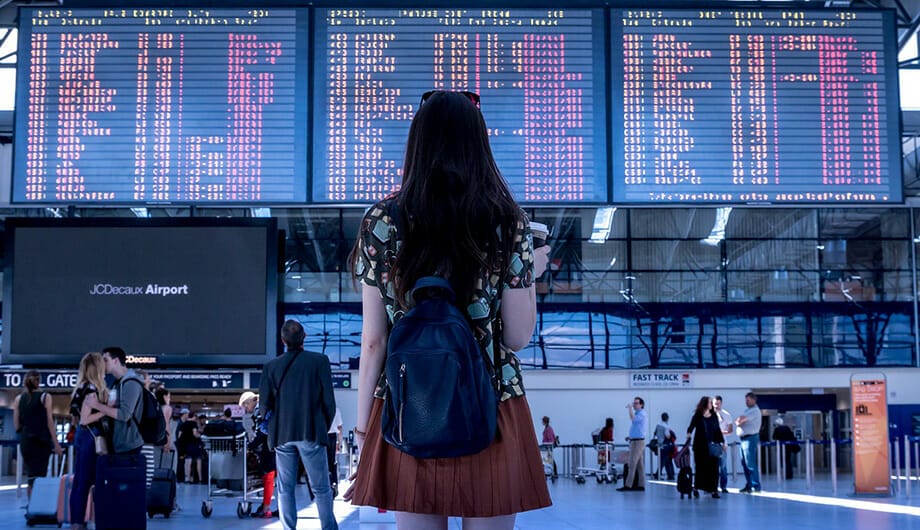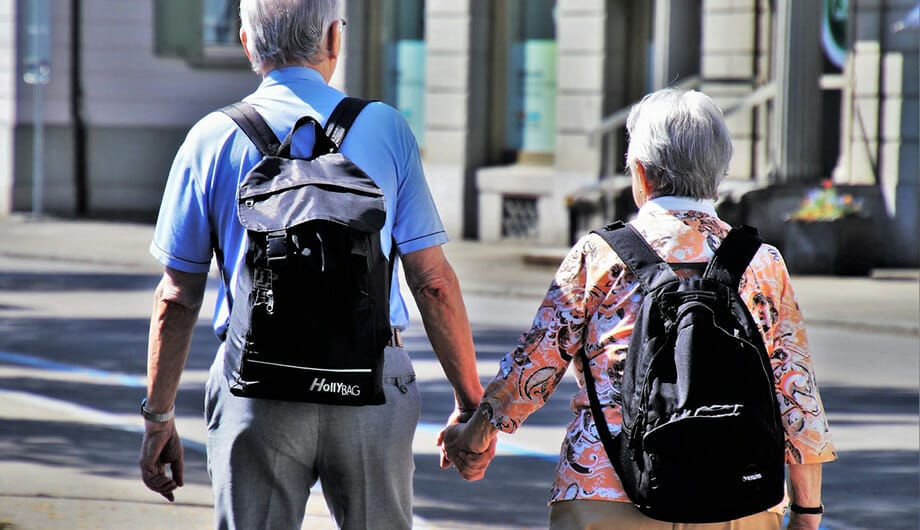
Come on now. YOLO.
Ok, you’ve put your foot in the water… and Europe is calling your name. But maybe you are a little nervous about the thought of planning a trip and actually getting on that plane to go. Don’t worry – we are here to help!
The information below will give you what you need to plan an incredible trip full of memories. Great food, culture, history, and more await…
Where do you want to go?
Think about why you want to travel to Europe and plan your itinerary around that. For your first trip it is very common to be both excited and nervous. Remember this is YOUR vacation – set it up so YOU feel comfortable.
Test your boundaries at your own pace. Feel free to use airlines/hotels/restaurant chains you trust and have used before. But over time, we challenge you to push those boundaries – you will be very glad you did. McDonalds are everywhere – but there is nothing like the local French pastry for breakfast or the charm of a cozy Italian restaurant for dinner.
Don’t feel the need to see it all on your first trip. Europe isn’t going anywhere. But if you do want to cram a lot into one trip…consider a tour.
Give yourself a reasonable itinerary
Factor in that a long international flight and time change will leave you feeling a bit tired.
Take the time to smell the roses. Don’t treat your trip like a scavenger hunt list of sites you MUST visit on a countdown clock. If you have a picture of you at the Eiffel Tower but you don’t actually remember being at the Eiffel Tower, does it count?
Account for possible delays in transportation when planning connections or departure times. If you’ve never been to a foreign airport, try to leave some extra time between flights so you don’t have to stress about making it to your gate. English signs and English speaking staff will usually be able to assist. Still worried? Download a phone language translation app or purchase a translation device before traveling.
Don’t be afraid to take a foreign airline carrier to your destination. Many offer a great travel experience and can be a fun part of experiencing another culture. They will have staff that speak your language if the flight originates from your country. English is spoken by nearly all international flight attendants and attendants within Europe.

Check the Passport and Visa Entry Requirements to your intended travel country
Please note that these can change over time so make sure you are checking official sites and not just a travel blog that may not be updated. For US Citizens, this can be done by accessing the US State Department website at https://travel.state.gov/content/travel/en/international-travel/International-Travel-Country-Information-Pages.html. On the left-hand side of the page, enter your destination country or countries. This will take you to an informational page on entry/exit requirements, vaccinations, and other useful data.
Apply for a Passport (and Visa if applicable). Varies by country but is usually handled by your country’s State Department/Ministry for Foreign Affairs. For U.S. Citizens, information on applying for a passport can be found here: https://travel.state.gov/content/travel/en/passports.html/. Make sure to factor in processing/delivery times when you plan your travel dates. U.S. State Department routine passport applications are *generally* processed in around 6-8 weeks. NOTE: Processing times since the breakout of COVID-19 have slowed considerably.
Not enough time? Consider expediting through your government, or utilize a passport expediting service for an extra fee. (If time is not a factor, we recommend the traditional way through the State Department or Ministry of Foreign Affairs. But one of the benefits of using an expediting service is that you will have someone tracking the whereabouts of your application as opposed to being just another form in an ocean of government forms.)
Packing for your trip
First timers, it is ok to overpack! Do NOT let a travel snob friend tell you that you are overpacking. Your happiness is the most important thing. It is YOUR VACATION.
A few things to consider: how much will you be moving this extra luggage around at your destination(s)? Are there extra airline bag fees? The # and size of your suitcases may impact which taxis can take you (which could cost a bit more).
Regardless, you will survive and things will work out! Your personal packing list will get smaller on subsequent trips, but everyone is different in what they must have. Unless you are going to very remote areas, you should be able to buy things that you may have forgotten to pack at local stores.

Prior to Travel
Make sure you have money available while traveling. This means multiple forms of credit card/currency/travelers’ checks, etc. just in case you need them. Notify your credit card/debit card banks that you will be traveling so that your card is not turned off for suspected fraudulent activity.
Make sure you have – and know – your pin…many credit card terminals in Europe require a pin to be entered to use your credit card (note: not just debit cards).
It never hurts to have some money exchanged prior to arriving to Europe or soon after you land. This can be done in many major U.S./international airports or at currency exchanges at your destination. How much? That’s situationally dependent but $100 is usually a good starting point. You will lose some money on exchange fees but consider that buying peace of mind in case of an emergency.
For U.S. citizens, enroll in STEP via the U.S. State Dept. Why? This will allow you to receive important information from the Embassy about safety conditions in your destination country, helping you make informed decisions about your travel plans. It will also help the U.S. Embassy contact you in an emergency (natural disaster, civil unrest, or family emergency, etc.) and help family and friends get in touch with you in an emergency.
Make copies of your travel documents for you (in case you lose anything) and leave a copy with a friend/family member back home. This includes copies of passports, visas (if applicable), and travel itinerary information. Just make sure not to lose them or leave them out in a hotel where they could be stolen (your personal/passport information can be valuable to criminals).
Check your flight status starting about 24 hours out and do not ignore notification texts/e-mails from airlines. Many updates may be minor (flight delayed by 10 minutes or a gate change) but some could be significant. No need to stress about it – but being informed early is the key to being able to overcome travel issues.
Arriving to Europe
Customs – upon arrival to Europe you will likely fill out a customs declaration form that you will present with your passport to immigration once you get off the plane. It will ask for basic biographical data, travel information, and a few questions about previous travel or things you might be bringing into Europe. While it is pretty straightforward, if you have a question about the form ask the flight attendant (while on plane) or immigrations officer or other security official at airport. You will also do this on the way back to your home country. An example of a U.S. Customs form can be found here: https://www.cbp.gov/travel/clearing-cbp/traveler-entry-form.
Transport – depending on your destination and lodging arrangements your transportation may vary. Most major airports will have a variety of bus, rail, and taxi options to get you to where you need to go. Do some homework before you travel. We recommend asking your hotel or lodging arrangement what they suggest and what it typically costs (to avoid getting ripped off…but note this could vary based on demand, time of day, # in party, size of vehicle, etc.).
If taking a taxi from the airport, look for the official taxi line queue. This will increase your chances that you will be taking a properly vetted/licensed taxi service that will charge a fare rate and deliver you to your destination without issues. Be wary of random people approaching you asking where you need to go. If unsure about any transport option, talk to the personnel at the Airport Information Desk. These are generally your most trustworthy allies. If necessary, call your hotel/lodging option and ask for assistance. Ubers and the like are available in a growing number of cities so that is another option with the added benefit of a pre-arranged price.
Check in to your hotel/lodging – take a shower and relax! Often times, the most difficult decision for travelers from North America to Europe is whether to sleep once you arrive (you will probably be tired) or stay up until nighttime so your body will adjust to Europe time. That’s up to you. Either way, congrats – you’ve made it!
